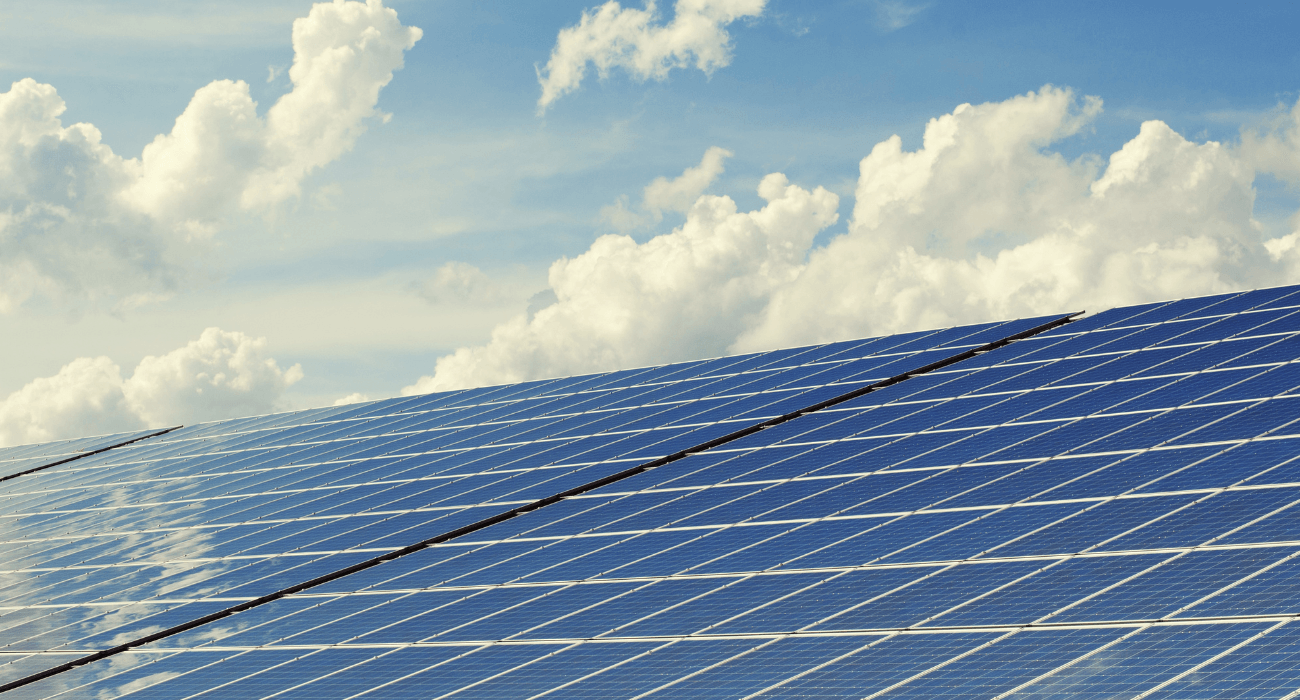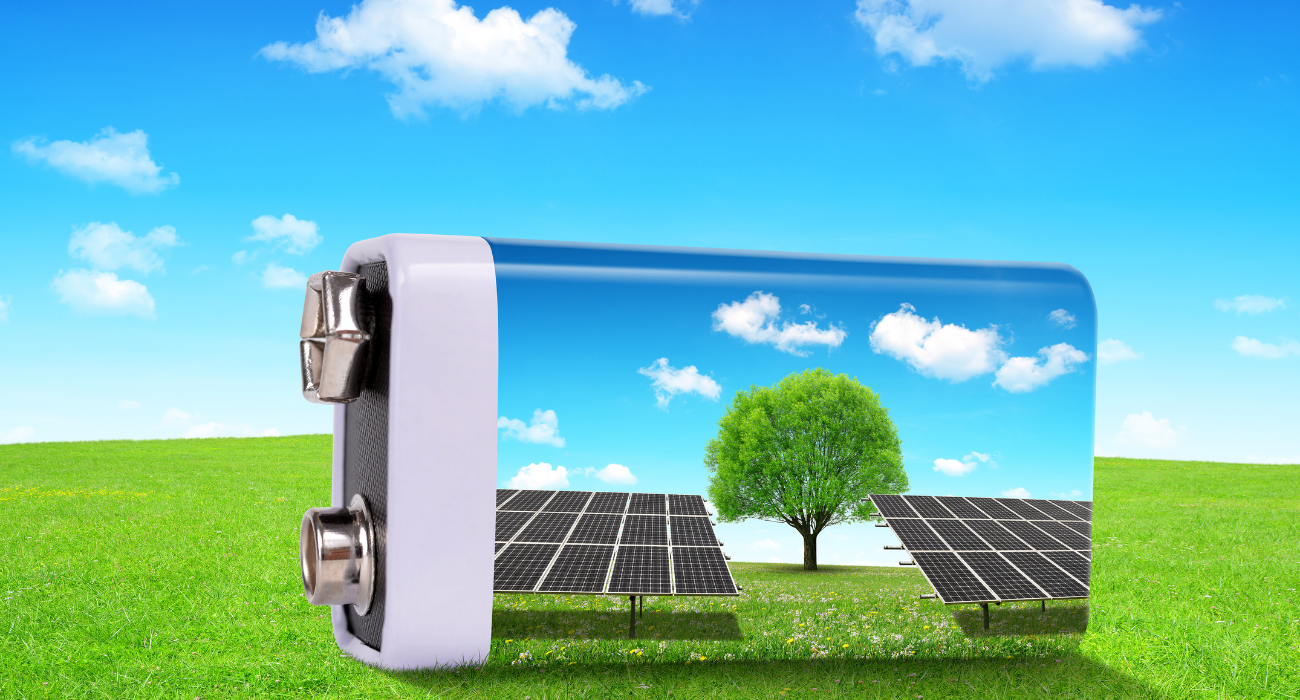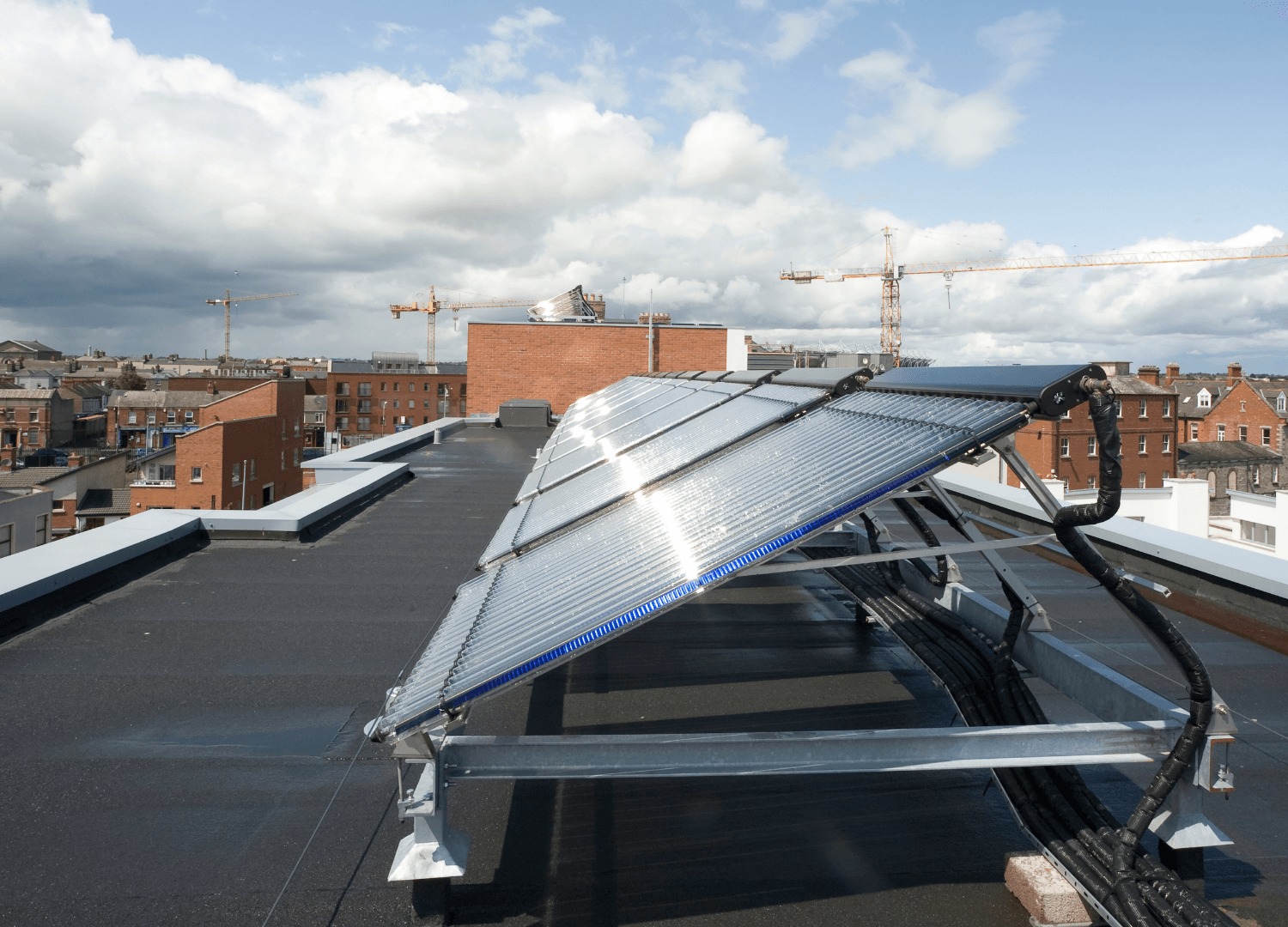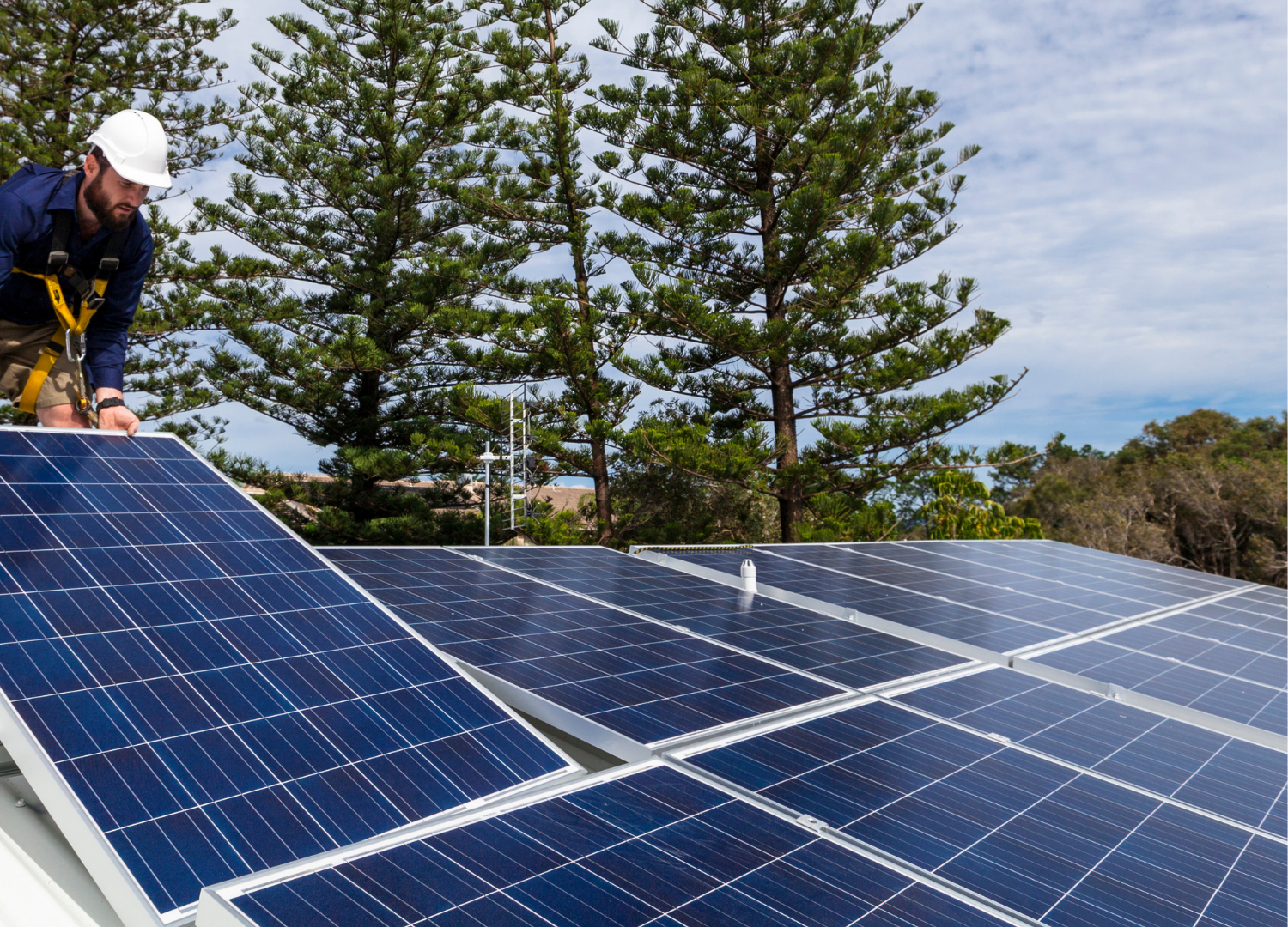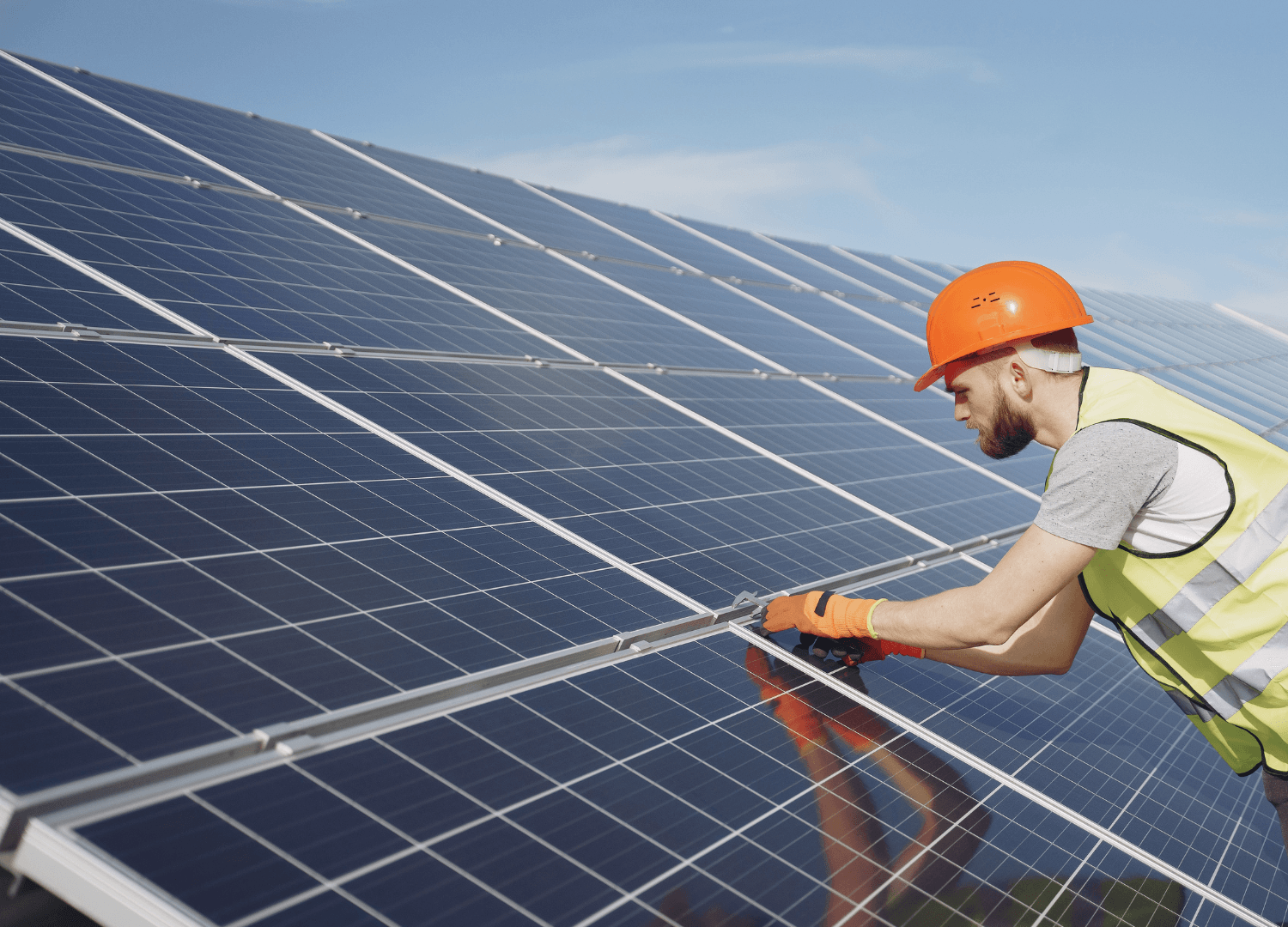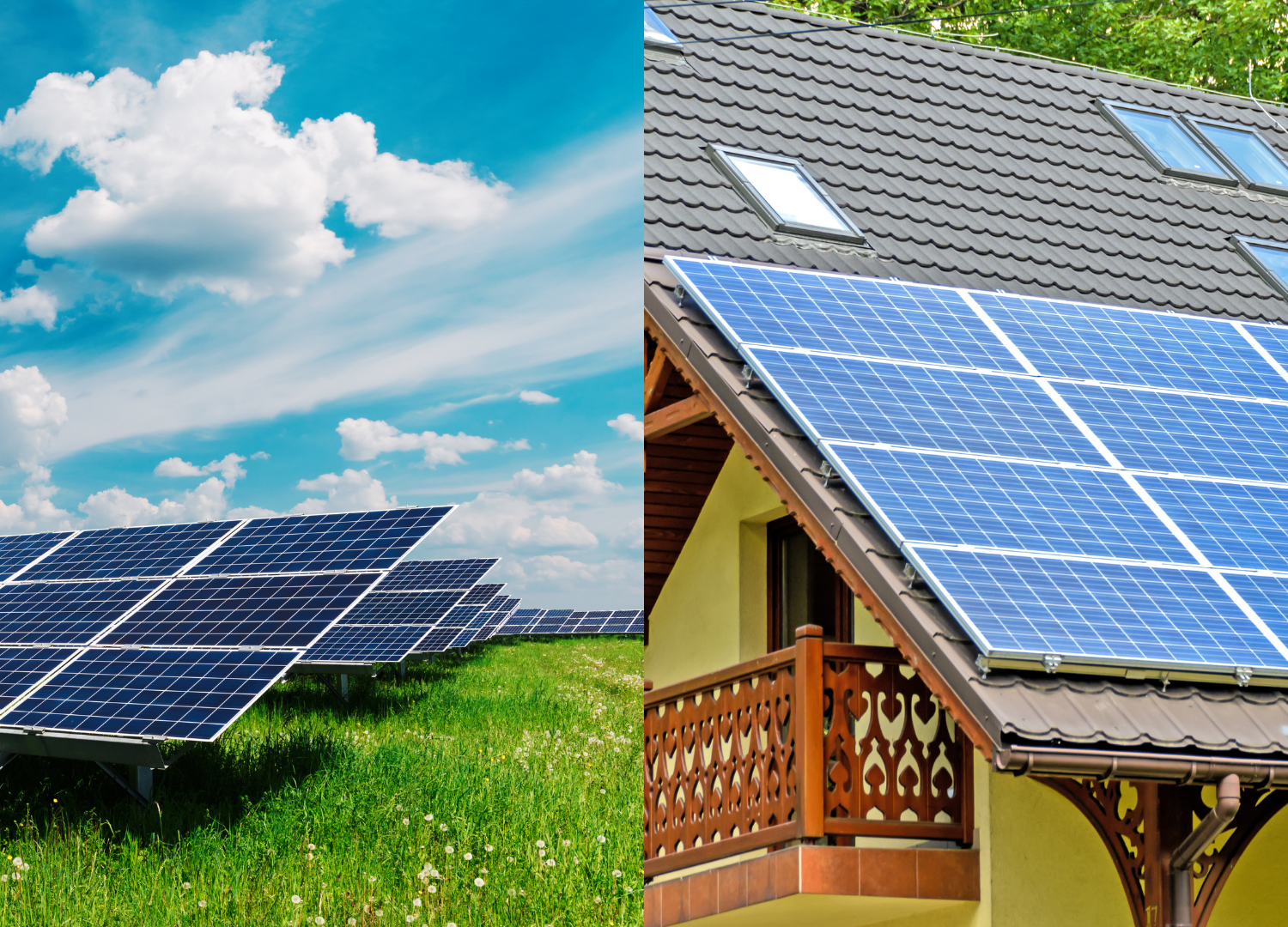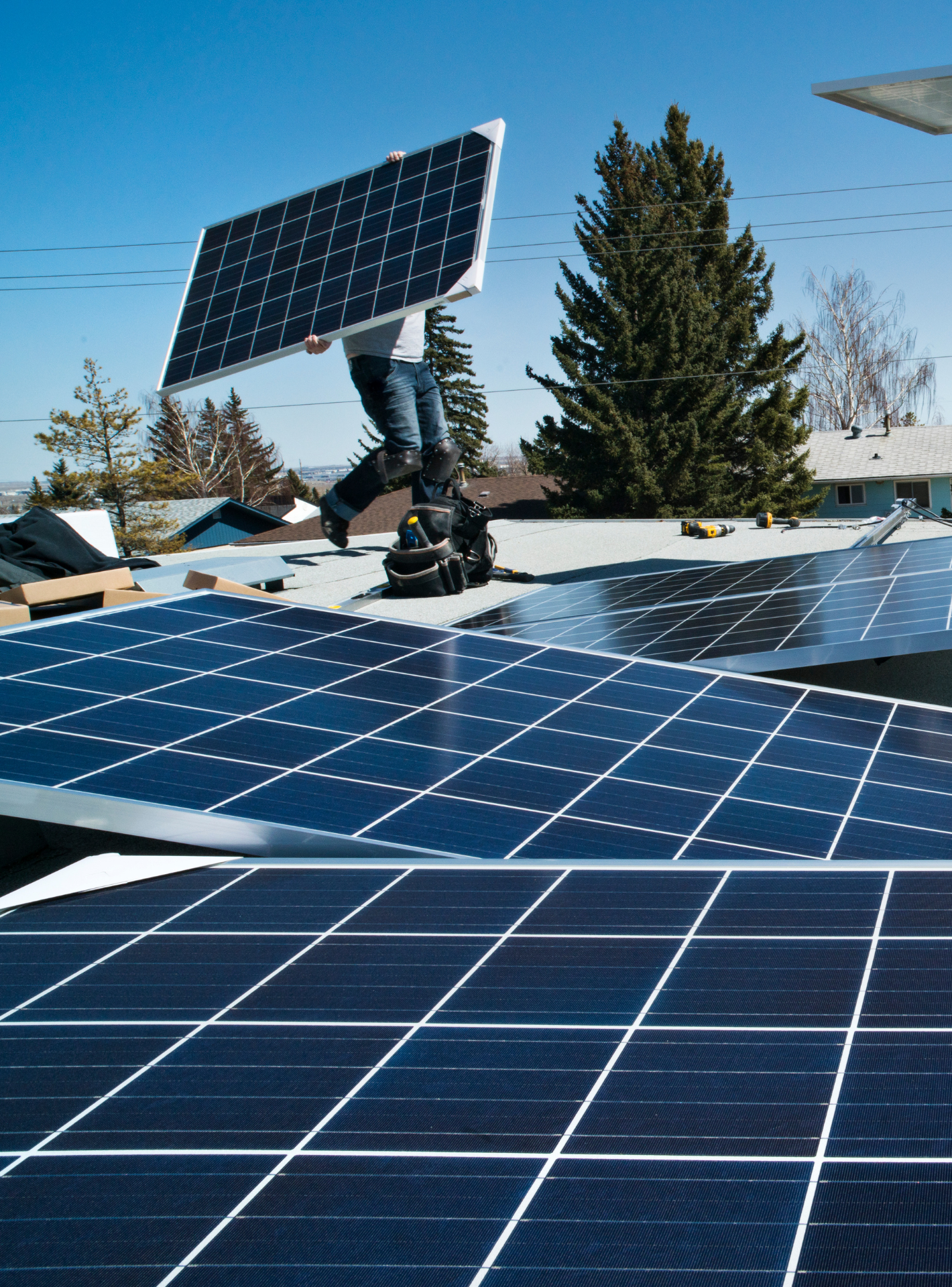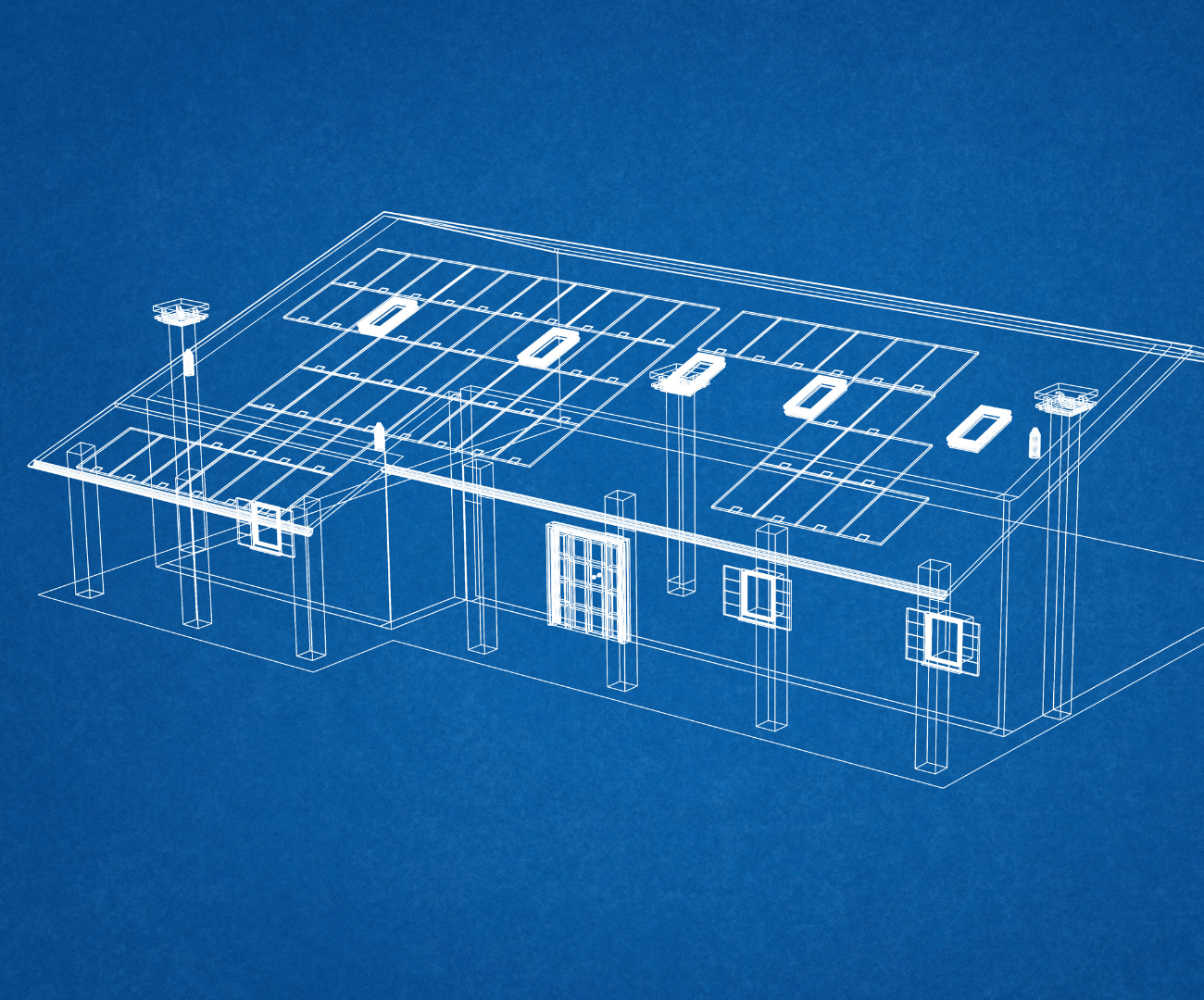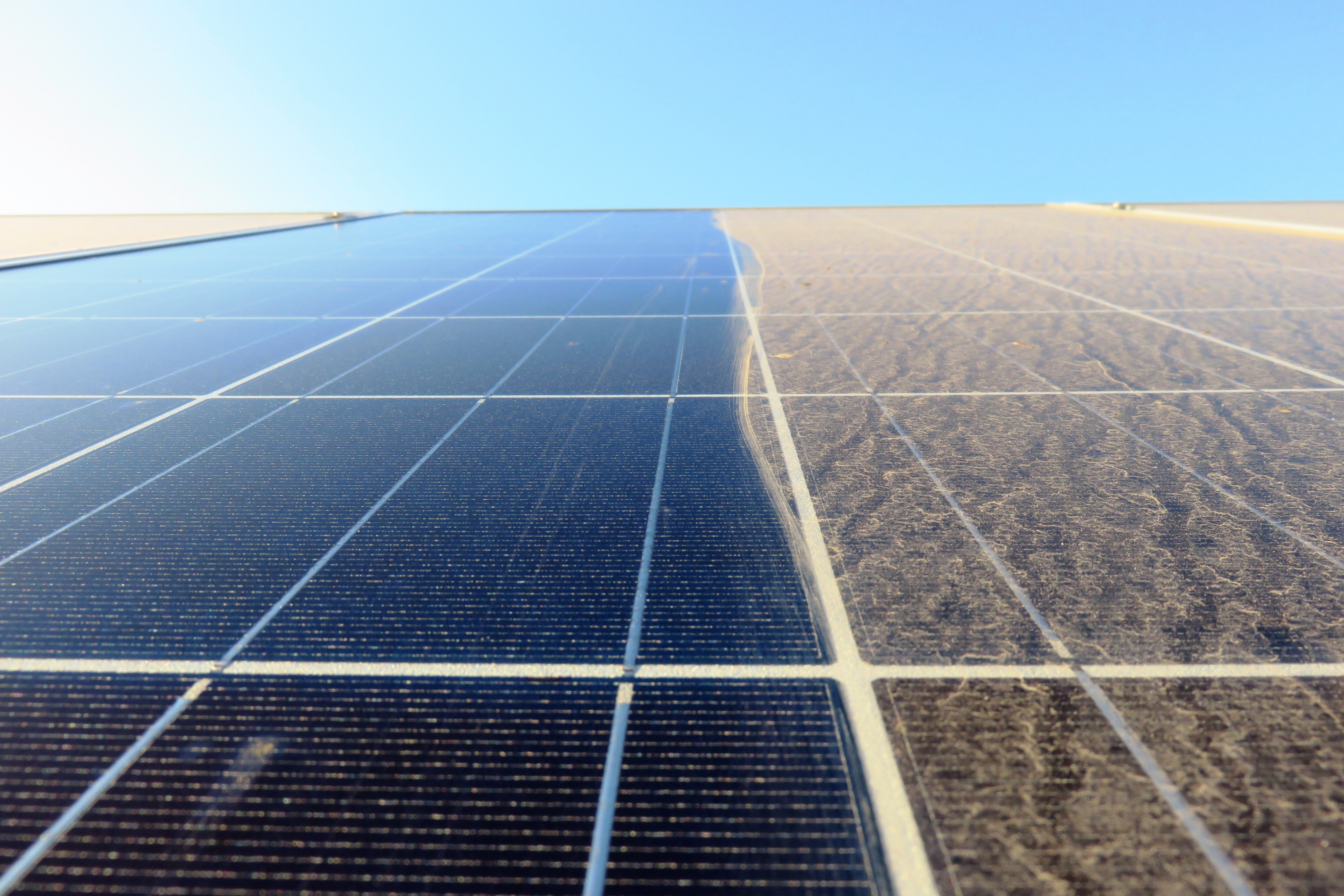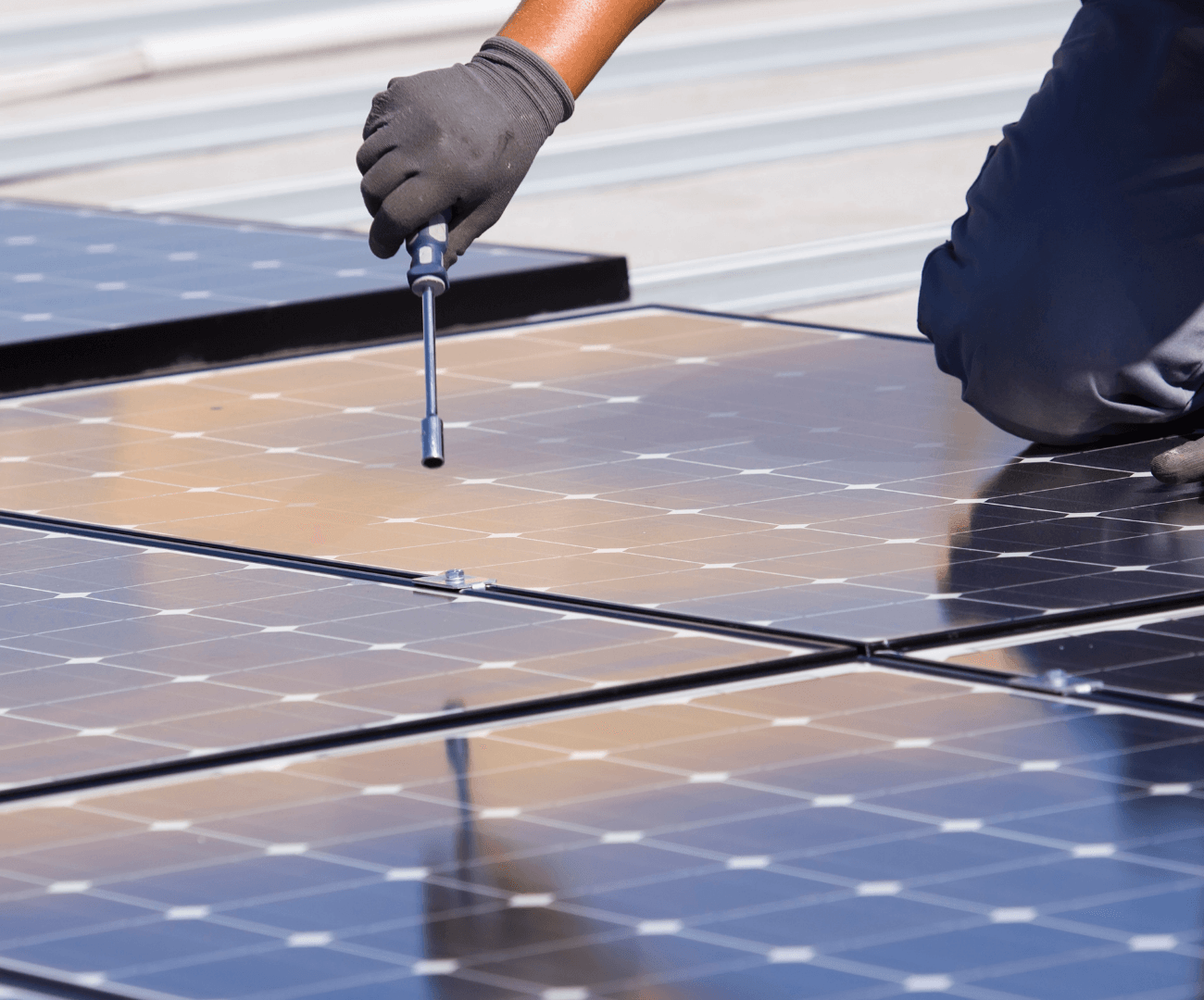Are Solar Panels Worth It
Are Solar Panels Worth Investing In?
Solar power is a renewable, clean, and emission-free energy that helps lower your carbon footprint and keep your energy utility bills low. While solar energy might be free, the upfront costs of acquiring solar energy systems can be higher for many. This begs the question, do solar panels make any economic sense?
Simply put, the solar energy panel system might not be the solution for every home. At the very best, solar power can help lower your carbon footprint and monthly energy bills and reduce/eliminate dependence on local electricity companies. With solar systems becoming more and more affordable but energy rates hitting record highs, investing in a solar system can prove more advantageous. The long-term benefits and savings of owning a solar system outweigh the initial upfront costs.
Although potential long-term savings might be high, there are times when solar panels may not be a worthy investment. A number of factors, including the availability of sunshine, ineligibility for rebates, and the wrong type of roof, could determine whether investing in solar is worthwhile. This article will outline some of the key factors that make you a good candidate for solar or not. These include system longevity, cost of solar panels, and returns on investment. Talking to a licensed and trusted solar company can help you make an informed decision on these. You can also get a free, no-obligation quote from some of the best solar companies in your area.
Factors To Consider When/If Thinking of Going Solar
1. Location
Location is one of the primary factors that will help determine the value of solar. For starters, your location determines how much sunlight the region receives, local solar incentives, cost of solar (by state), and electricity costs. Solar power would be a wise investment if:
a. Your Region Receives Lots of Sunlight
If you live in an area/country that receives lots of sunlight throughout the year, solar power is the way to go. This is one of the reasons why solar power is popular in California, Texas, and Arizona. Although you might be in a region that gets plenty of sunshine, some factors such as shade from trees or other homes could impact the panel's ability to generate enough energy. Eliminating these obstructions, such as clearing the shaded regions, can help improve the odds.
b. There's Enough Space on Your Roof
Solar panels ought to be installed on an unobstructed roof. They should thus be installed away from chimneys, skylights, and other fixtures that could obstruct direct sunlight. Although you could still install solar panels on smaller roofs, you'd need highly efficient but more expensive solar panels to maximize output. Steep-slopped roofs would also make the installation process more challenging for the technicians, resulting in higher labor costs.
c. Roof Facing West or South
For those in the northern hemisphere, roofs facing southwest, west, and south receive more sunshine than those facing east or north. As long as your roof can receive direct sunshine for the most of the day, the panels will produce a higher output. This is one of the reasons solar companies first have to check your roof's orientation (using satellite imagery) to determine if their solar systems will be efficient for your home or not.
d. Your Electricity Bills Are Too High
Are electricity prices in your area too high? If your electricity bills are above the average rate, you should consider switching to solar. One of the advantages of investing in solar is that it will help, at the very least, lower your dependence on utility companies. Most of your appliances and devices, such as smartphones, TVs, Hi-fi, etc., can run on solar while larger, more energy-demanding ones (fridge, washing machine, dishwasher, etc.) run on the mains. Installing solar should see your bills reduce significantly.
e. Your State/City Offers Solar Rebates, Incentives, And Tax Exemptions
Some states and cities offer incentives and tax exemptions for new solar installations. Net metering also allows you to receive as much as you generated and inject it into the grid at night. This can prove beneficial, especially if your local utility tariffs are high. You however want to be careful with some of these factors, especially if your city or state is yet to incentivize solar energy. Holding off for a few years until these are standardized would be the best move here.
Solar Panels May Not Be Favorable If:
Although everyone is looking to go solar, this might not be the route to take if:
a. Your Home Has Limited Exposure to The Sun
Solar panels require sunshine to generate energy. If your home receives limited sunshine per day, then chances are you'll get the bare minimum in energy generated. This mainly applies to homes with roofs facing the north or eastward or in the shadow of larger buildings or trees. If you, however, live in cloudy regions, there's a chance the panels will generate decent amounts of energy. It would help if you considered talking to a solar company for clarification about this.
b. Ineligibility For Rebates and Incentives
Some utility companies and municipalities may offer incentives alongside the federal tax credit, making solar panels more affordable and enticing. There, however, are governments and power companies that don't offer some of these incentives, as well as net metering. Investing in solar systems wouldn't be a worthy investment in such settings. Research and talk to your power companies and municipalities to see if they offer incentives and net metering.
c. Your Electricity Bills Are Already Low
Solar panels aren't a wise investment if your electricity bill is already on the lower side. Unless you only wish to lower your carbon footprint, then solar energy will only yield minimal savings in the long run.
d. You Have the Wrong Roof
Some roofs, such as overly tiled roofs and those with large skylights, aren't suited for solar panel installation. Historic, older homes and those with sharp-inclined roofs do not qualify for solar installation either. You might thus have to have the roof modified to accommodate the panels or invest in a new roof altogether. Although your roof might be almost flat, it also won't make the best candidate for solar if it isn't facing the sun's direction.
How Much Do Solar Panels Cost?
Although solar panels are more affordable today than they were a decade ago, a residential solar system would still make a significant investment for many. In the right settings, a solar system should be able to pay for itself within just a couple of years and continue generating free energy thereafter. In addition to this, incentives and rebates offered by governments and power companies and the one-off installation cost make the investment worthwhile.
The total amount for the complete solar energy system may depend on several factors. Some of the factors that affect the cost of solar panels include:
- The type of solar panels
- The number of panels required
- The installation companies
- Solar add-ons (solar battery, electric vehicle charger, etc.)
- Cost of labor (depending on the roof type)
With all the above factors in mind, the cost of installing new panels as of 2021 (according to Sunrun) would be approximately $14,000 after the solar tax credit.
To Invest or Not Invest in Solar Panels: The Reality
While the cost of solar panels can be shocking, it's worth noting that solar this is only a one-time purchase with no recurring bills. You can also look at it this way; you are paying upfront for 25 years' worth of electricity. With inflations and energy prices rising by the day, investing in a solar panel would be a sensible move.
Consider this; the average monthly electricity bill of the typical home is about $125. Theoretically, this would amount to more than $46,000 in electricity bills over the next 25 years, considering inflation of about 1.8% per year. A solar system could therefore offset your energy usage costs by around $15,000 after the tax credit, based on the cost of solar per watt in Louisiana.
Although your solar system may not offset 100% of energy demand per month, the most basic solar system can cater to at least 50% of your energy demand. In addition to this, you will always be assured of electricity for as long as the sun shines. This is unlike electricity companies that can be unreliable at times with dirty energy in the long run.
Offsetting Solar Panel Costs
State and federal-specific programs are among the biggest drivers of solar energy adoption. Federal and local tax credits, among other rebates, have contributed greatly to offset the cost of acquiring and installing solar panels. That said, solar companies can help you identify and apply for programs you qualify for to enjoy some, if not all, these incentives. Thanks to such, the Northeast and other areas have seen wide adoption of solar panel installation.
Consumers can enjoy up to 26% in federal solar investment tax credit for solar systems installed by the end of 2022. You can also save even more from State incentives on the same. Most states have also implemented incentives to reward consumers for investing in solar energy in their homes, all in a bid to fast-track their returns on investments. Although these incentives may not bring the cost of solar systems down, the long-term savings would be worthwhile. Learn more about these incentives in the DSIRE database.
What Is the Lifespan of a Solar Panel?
This is one of the top and burning questions in the solar industry. A solar panel's lifespan depends on several factors, including the type of panel and how well you care for them. Nevertheless, many residential solar systems can last between 20 and 30 years with minimal upkeep and maintenance. Today, solar systems come backed with a strong warranty system of at least two decades. While most companies will offer at least 25 years warranty for their solar systems, you still need to check the fine print before making an order.
In addition to their unrivaled durability, solar systems can help boost your home's value. According to the U.S Department of Energy, Homebuyers nationwide would willingly buy premium rates (about $15,000) for homes with a solar array compared to those that don't. This alone could foot the installation costs of a solar system.
How Much Can I Save With Solar Panels?
The average solar system has a payback period of about 7 years. This is, again, dependent on factors such as location, your energy needs, solar loan interest rates, and budget, among several other factors. That said, it could only take about 10 years for the panels to pay for themselves and for you to start using free energy. Your savings could be relatively higher if electricity rates are on the higher side.
How To Computer Your Savings with Solar
The best way to know how much you'd be saving by investing in solar is by talking to a solar company near you. Most of these companies are willing and ready to offer free consultations. A good solar panel installation company should be able to:
- Provide an initial assessment of your roof (positioning, location) and your energy costs.
- Give you an estimate of the cost of the ideal solar system
- Estimate how much you should expect to save within the system's lifetime.
Is It Worth Investing in Solar Panels?
Solar energy is one of the best investments anyone can make (if and when the installations are designed and done correctly). Solar energy is worth every penny for the majority of consumers in the country. Only a handful of consumers would find it unnecessary.
With the solar tax credit expiring by the end of 2022 and the current energy prices, this is the best time to invest in solar energy. There's a good chance prices will hit record highs once the tax exemptions and incentives are done away with. The booming demand for solar energy could, on the other hand, see prices stabilize as well.
Will Solar Panels Save Me Money?
As mentioned before, solar energy is one of the best alternatives for clean, renewable energy. It also provides an excellent chance to save on electricity bills, among other benefits. The vast majority of consumers would find solar energy quite beneficial and profitable. Only a handful of homes, especially those with roofs not fit for solar panel installation, would find it uneconomical. Find a credible and trusted solar panel installer for advice and information on the best panels to install. You might also get an irresistible offer in the process.
